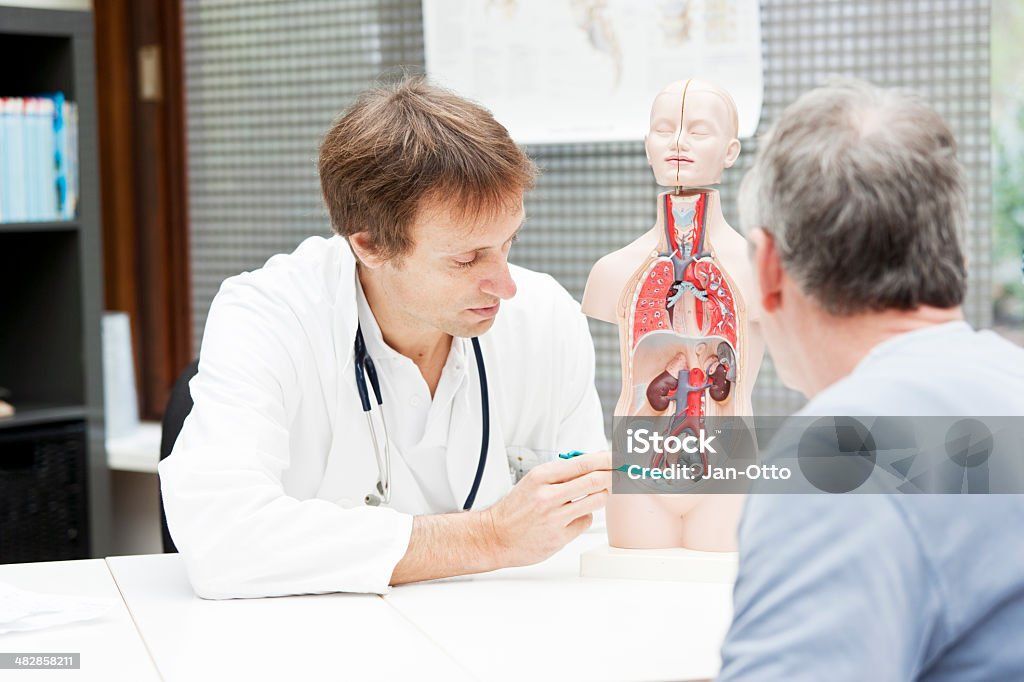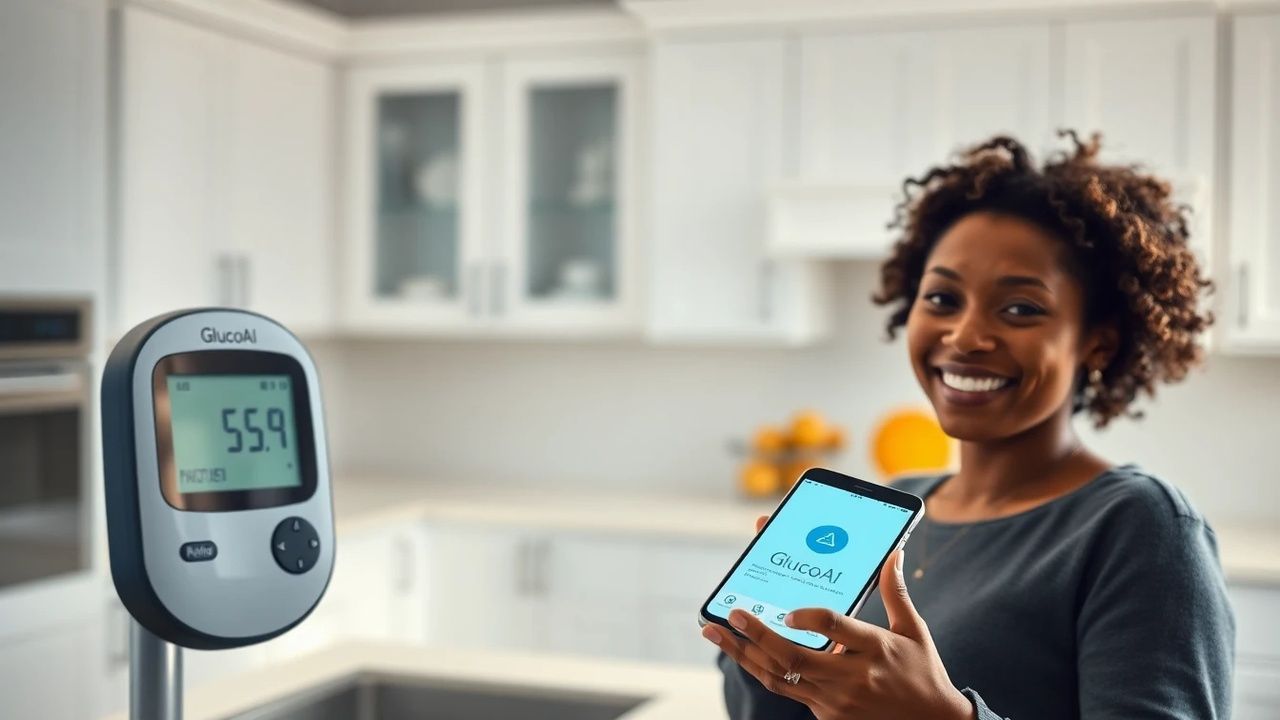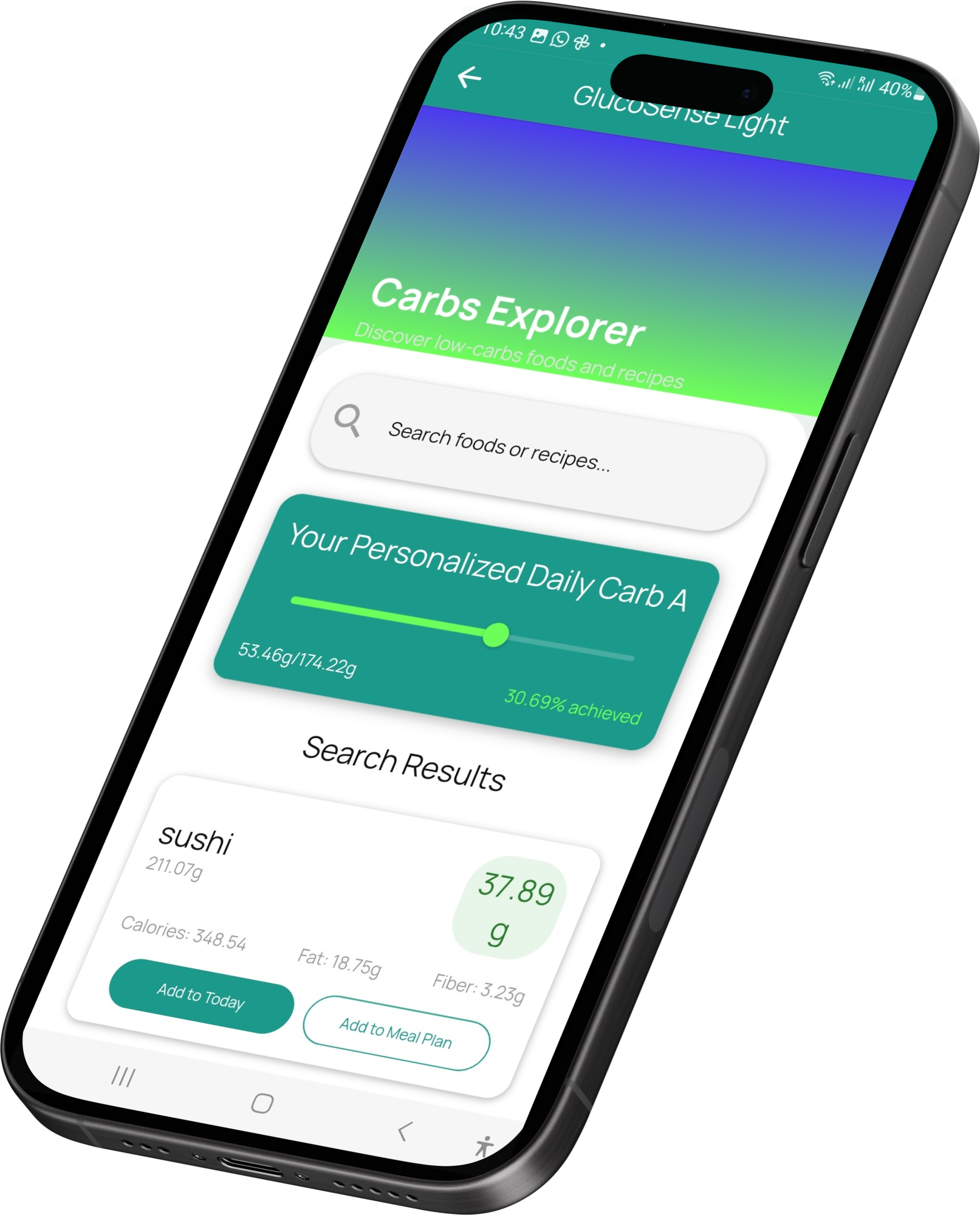Blog-Layout
Improve Your Prostate Health: Tips for Better Sleep
Benjamin Hayes • February 21, 2024
Improve Your Prostate Health: Tips for Better Sleep

Introduction:
For many men, a healthy prostate is the key to not just urinary comfort but also to a good night’s sleep. Prostate health issues can often lead to nocturia – the frequent need to urinate during the night, disrupting sleep patterns. Fortunately, with certain lifestyle adjustments and self-care practices, it's possible to promote a healthier prostate and consequently improve the quality of your sleep. In this expert blog post, we will explore actionable tips to help you maintain prostate health and enjoy restorative slumber.
**Dietary Do's for Prostate Health**
What you eat can have a significant impact on your prostate health. Adopt a diet rich in fruits, vegetables, and healthy fats to provide the nutrients necessary to support prostate function. Tomatoes, rich in lycopene, and green tea, abundant in antioxidants, are especially beneficial. Additionally, foods high in zinc, like pumpkin seeds and almonds, play a crucial role in maintaining a healthy prostate.
**Stay Hydrated, But Time It Right**
Hydration is crucial but drink evenly throughout the day and reduce intake in the hours leading up to bedtime to minimize nocturnal bathroom visits. Aim to reduce fluids 2-3 hours before you go to sleep and avoid alcohol and caffeine in the evening as they can increase urine production and exacerbate nocturia.
**Regular Exercise**
Regular physical activity is directly linked to improved prostate health. Aim for at least 30 minutes of moderate exercise most days of the week. This practice can reduce urinary problems due to an enlarged prostate and promote deeper sleep. However, try to avoid vigorous workouts close to bedtime, as they may increase adrenaline and endorphin levels, making it harder to fall asleep.
**Manage Stress and Anxiety**
Stress can contribute to both prostate issues and sleep disturbances. Engage in stress-relief activities such as meditation, deep breathing exercises, or listening to calming music before bed to encourage relaxation. Mindfulness meditation, in particular, has been shown to reduce symptoms of an enlarged prostate and can prepare your body for a restful night.
**Develop a Healthy Sleep Routine**
Your body thrives on consistency. Create a sleep schedule by going to bed and waking up at the same time every day. Establish a pre-sleep routine that promotes relaxation - this might include a warm bath, reading, or light stretching
**Cut Down on Evening Diuretics**
While a glass of wine or a cup of coffee may be an evening ritual for some, these beverages can stimulate urine production. To prevent disruptive night-time bathroom trips, limit beverages like alcohol, coffee, and certain teas after dinner.
**Maintain a Cooler Bedroom Temperature**
A cooler environment can help facilitate the onset of sleep and reduce the chances of waking up. It also aids in maintaining the body’s circadian rhythm which can be beneficial for those with prostate issues, as it helps promote deeper and more restful sleep cycles.
**Weight Management**
Being overweight can increase the risk of developing prostate issues that disturb sleep. Achieving and maintaining a healthy weight through diet and exercise can reduce the severity of symptoms associated with an enlarged prostate and improve overall sleep quality.
**Practice Bladder Training**
Bladder training can help you increase the time between toilet trips. Try extending the time by a few minutes each day – this can improve bladder control and decrease the urgency and frequency of urination, leading to less interruption during the night.
**Consider Your Medications**
Some medications can contribute to nocturia. If you believe that your medication is affecting your sleep, talk to your healthcare provider about adjusting your regimen or exploring alternative options that could be friendlier on your prostate and sleep cycle.
Conclusion:
Your prostate health plays a significant role in determining the quality of your sleep. By incorporating these expert tips into your daily routine, you can vastly improve prostate functionality and minimize sleep disturbances. Do note, however, that these recommendations are a general guide and should not replace professional medical advice. If you're experiencing significant, persistent issues with prostate health and sleep, it's important to consult with a healthcare professional for an assessment and personalized plan.
If you’re looking to enhance your night-time wellness and gain insight into further health-centric guides, be sure to explore our blog regularly and join our newsletter for the latest updates and expert health tips. Your journey to improved prostate health and better sleep starts here!
Keywords: prostate health, better sleep, urinary comfort, nocturia, bladder control, healthy prostate diet, sleep routine, stress management, weight management, exercise for prostate, reduce nighttime urination.

By VitalFiberOne Naturals Inc.
•
February 8, 2025
Revolutionize your diabetes care with the power of AI! Introducing GlucoAI Precision Technology, a game-changing innovation that's transforming the way we manage diabetes. This cutting-edge technology uses artificial intelligence to provide personalized insights and precise glucose monitoring, empowering individuals to take control of their health. Say goodbye to guesswork and hello to data-driven decision making. Learn how GlucoAI is revolutionizing diabetes care and improving lives.

By VitalFiberOne Naturals Inc.
•
January 24, 2025
Making grocery shopping a breeze for diabetics! GlucoSense is revolutionizing the way people with diabetes shop for groceries. With its innovative technology, GlucoSense makes it easy to identify and purchase diabetes-friendly food products. Say goodbye to hours of research and label-reading, and hello to a stress-free shopping experience. In this video, we'll show you how GlucoSense is changing the game for diabetics and making healthy grocery shopping a whole lot easier. Whether you're living with diabetes or know someone who is, this video is a must-watch!

By VitalFiberOne Naturals Inc.
•
December 20, 2024
Are you tired of feeling uncertain about your diabetes management? Do you have burning health questions that need answers? In this blog, our panel of diabetes experts are here to provide you with the clarity and confidence you need to take control of your health. From understanding blood sugar levels to managing medications and diet, our experts will cover it all. Get ready to have your most pressing questions answered and start living your best life with diabetes. Whether you're newly diagnosed or have been living with diabetes for years, this video is for you. So sit back, relax, and let's dive into the world of diabetes management together!

By VitalFiberOne Naturals
•
December 18, 2024
Indulge in the flavors of the Middle East with our Fiber Rich Baked Falafel recipe, served with a side of creamy Tahini Sauce! In this video, we'll show you how to make crispy on the outside, fluffy on the inside falafel using chickpeas, herbs, and spices, all while keeping it healthy and fiber-rich. The perfect vegetarian snack or meal option. Our tahini sauce recipe is a game-changer, made with tahini paste, garlic, lemon juice, and olive oil. It's creamy, tangy, and pairs perfectly with our baked falafel. Get ready to elevate your snack game with this easy-to-make and delicious recipe!

By VitalFiberOne Naturals Inc.
•
November 17, 2024
Unlock the secret to a healthier and fitter you with Fiber-Guru's 4 weeks FREE trial! In this blog, we'll introduce you to a revolutionary program designed to help you achieve your fitness goals and transform your body in just a few weeks. With Fiber-Guru, you'll get access to a comprehensive fitness plan, personalized coaching, and a supportive community to help you stay motivated and accountable. Say goodbye to fad diets and hello to a sustainable lifestyle that will leave you feeling energized, confident, and empowered. Try Fiber-Guru today and start your fitness journey with a 4-week free trial!

By VitalFiberOne Naturals Inc.
•
August 26, 2024
Are you trying to lose weight and wondering about the best time to eat? In this video, we dive deep into the optimal meal timing for weight loss. Should you prioritize a smaller breakfast, a moderate lunch, or a light dinner? We explore the science behind meal timing and its impact on your metabolism, hunger levels, and overall weight loss journey. Discover the pros and cons of each meal and learn how to structure your eating schedule for maximum results. Whether you're a breakfast lover or a dinner devotee, this video provides valuable insights to help you make informed choices. Don't miss out on tips and strategies that can transform your eating habits and support your weight loss goals! Tune in and find out the best time to eat for effective and sustainable weight loss. Remember to like, comment, and subscribe for more health and wellness tips!






